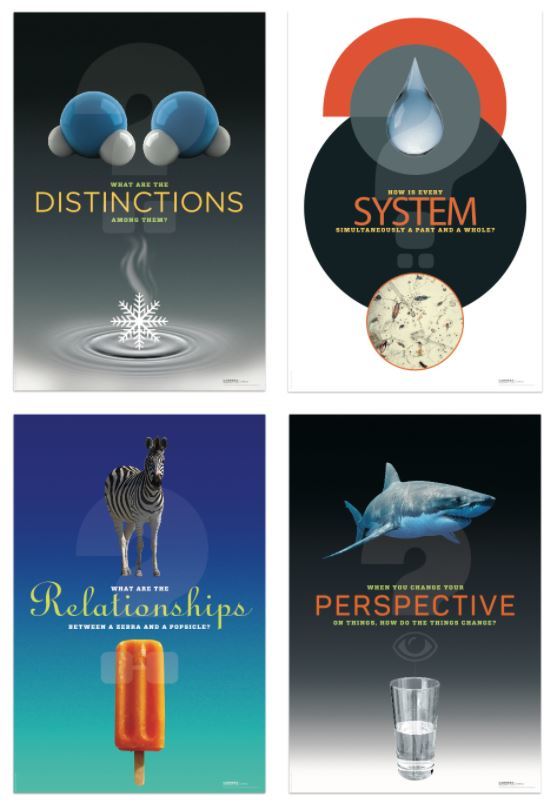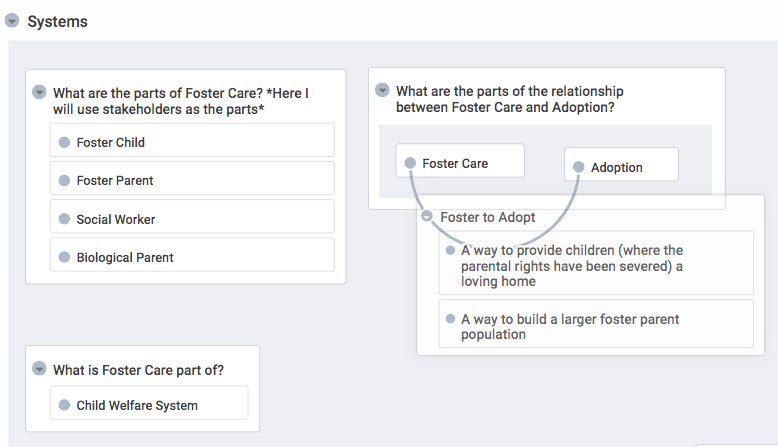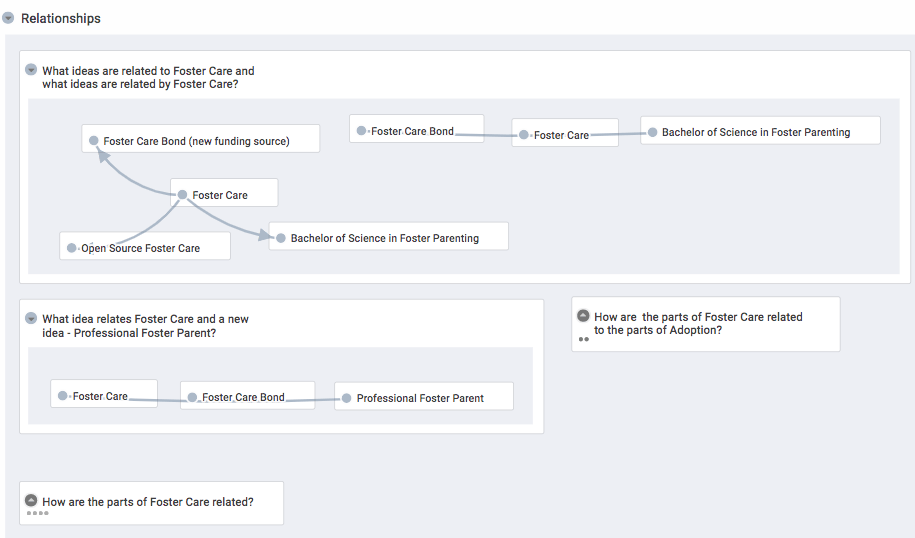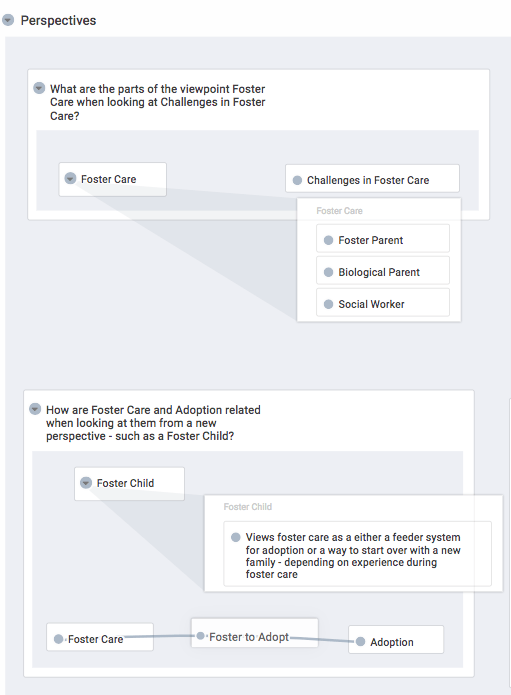Einstein also stated, To stay with our questions longer, DSRP Thinkquiry Questions is a good way.
What is DSRP Thinkquiry?
DRSP Thinkquiry is developed by Derek and Laura Cabrera – professors at Cornell University. It is a systems thinking approach to structure information and questions in a systematic way.[1] This approach applies simple rules underlying systems thinking. These simple rules are Distinctions – Systems – Relationships – Perspectives (DSRP). DSRP ThinkQuiry Questions are the building blocks of cognition and are required to deconstruct a problem or issue. You can learn more about this approach and even use it online at www.thinkquiry.us. Furthermore, I encourage you to read more about Derek and Laura Cabrera’s work and two of their outstanding books – Systems Thinking Made Simple and Thinking at Every Desk.
Beyond the Socratic Method
In Thinking at Every Desk, the Cabrera’s inform us that we should think of DSRP as guiding questions and as a new form of Socratic questioning for the 21st century. They found that the Socratic method of questioning leads students to a black and white view of the world, where DSRP questions lead students to see the infinite shades of gray that actually exist in the world. With DSRP Thinkquiry the Cabrera’s sought to provide us with a new way to ask different questions. Here is what they had to say. [2] Let’s now dive into DSRP Thinkquiry using a personal example of mine. I write extensively on the foster care system and have published numerous articles and a few books. Books such as Succeeding as a Foster Child a Workbook. I recently published an article on the Different Perspectives of the Foster Care System where I surveyed 243 individuals in order to identify their perspectives of the foster care system using DSRP as a framework and a guide to build better questions for the study. Additionally, I used the newest tool created by the Cabrera’s to finish the study – a powerful and free application located at https://kingfisher.link. It is essentially a virtual systems thinking whiteboard.
Building Better Questions
Starting with distinctions, let’s see how I was able to ask better questions using the foster care example.
Distinctions
Guiding Questions:
Systems
Guiding Questions:
Relationships
Guiding Questions:
Perspectives
Here I will use perspectives uncovered during my survey discussed earlier. Guiding Questions:
The Cabrera’s have provided us an improved way to ask better questions. They have provided us, not only a way to stay with a question longer, but also a better way to build questions. I have personally found that by simply using DSRP Thinkquiry Questions, I am able to uncover new ideas that were not previously held in my mind. In fact, I call their systems thinking approach my “aha” or epiphany generator! To me, it’s as if the questions are Lego blocks in a random pile. DSRP Thinkquiry Questions are a way to see each block as a different question, where our job is to simply connect them.





